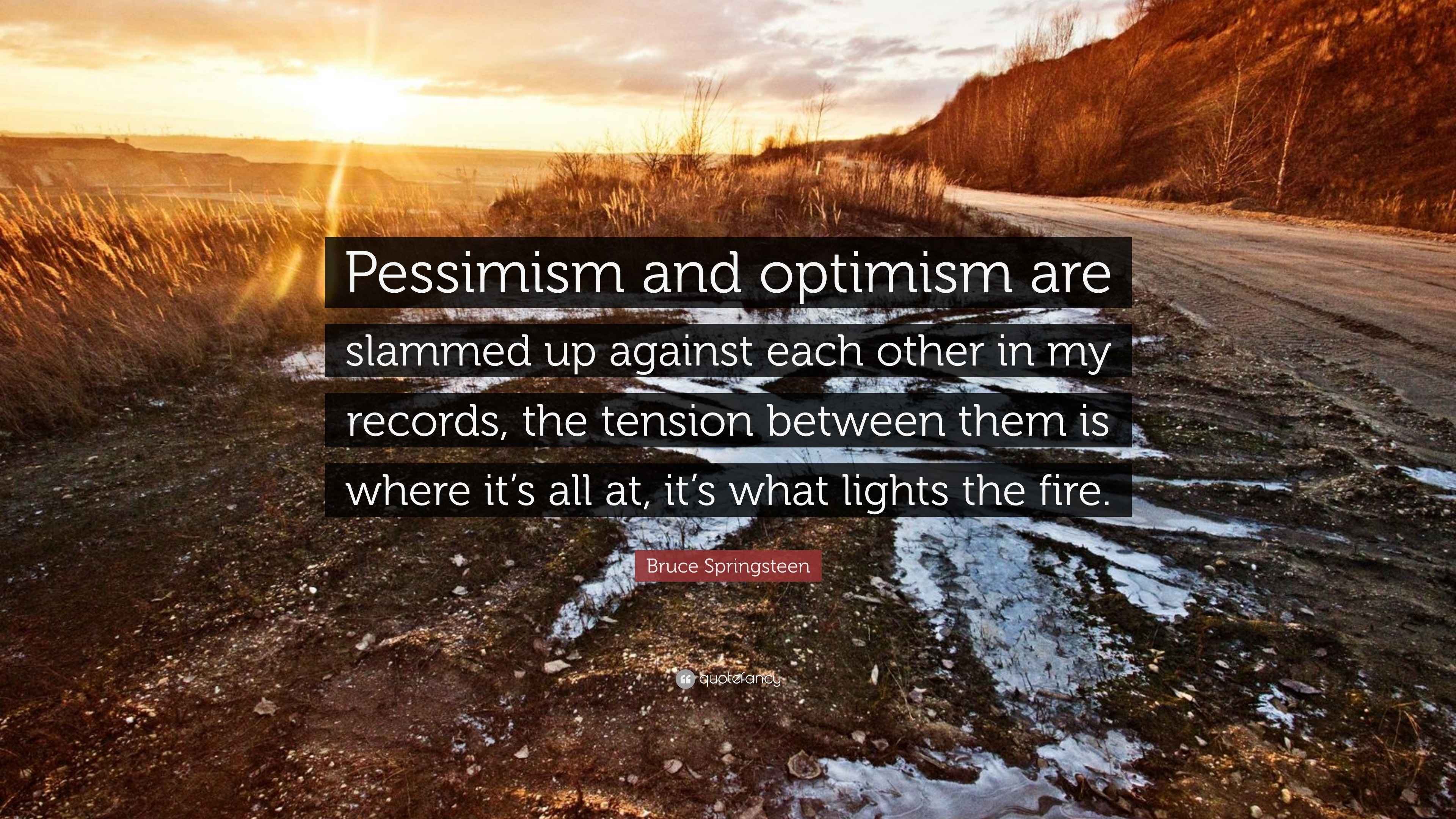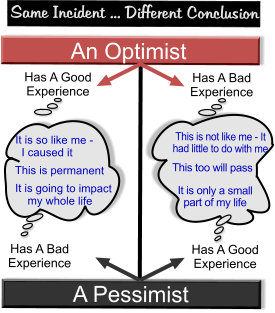

Musk has repeatedly promised technology that doesn’t pan out or that seems pointless. I can’t predict what happens with Musk’s Neuralink company. And other people say that Musk’s promises are unproven and unoriginal hype.

Musk is a master showman, and every time he does an act about an underground car tunnel in Los Angeles or bulletproof electric pickup trucks, there is the same reaction: Some people say he is making amazing and life-changing innovations. You could see that in reactions to Musk’s flashy demonstration on Friday of brain-implanted computer chips that he hopes may someday help combat serious health conditions like strokes and spinal cord injuries. Both “The Circle” and “Iron Man” encompass some form of reality, but it’s easy to see technology as either one or the other. Those downers sometimes drown out the ways that we know technology has made many of our lives immeasurably better. He didn’t put it quite this way, but I imagined he wanted less fiction like “ The Circle,” about a surveillance-state corporate cult, and more like “ Iron Man,” in which a tech nerd cobbles together a suit that saves his life and gives him superhero powers. Sriram Krishnan, a technology executive whom I respect, tweeted a few days ago asking for more optimistic descriptions in movies and television of people building technology. I’ve been thinking about this gray zone because of two things: a tweet and Elon Musk. I know nuance is rare these days, but please join me in the vast zone of complexity between “wow, cool!” and “that won’t work” or “that’s evil!” I want to live in those shades of gray. When I consider something new bubbling up in technology, I have vowed not to get overly excited about either its potential benefits or its downsides. I recently made a promise to myself, and I would like you to join me. You can sign up here to receive it weekdays.

The report contains the following lists of tables and figures.This article is part of the On Tech newsletter. The analyses use data from before the COVID-19 pandemic, and the results demonstrate the importance of monitoring how people’s feelings about the future evolve during the recovery from the crisis. Finally, it explores how the level of optimism differs in the Member States in relation to country context. To examine the extent to which optimists and pessimists behave and feel differently, the report looks at their socioeconomic and sociopolitical profiles.
OPTIMISM AND PESSIMISM DRIVERS
This report identifies the key drivers of people’s perceptions about the future and explores whether optimists and pessimists differ in their socioeconomic, cultural and political characteristics. Is there a link between the rising popularity of anti-establishment parties and increasing pessimism? These negative sentiments could adversely affect the political climate within individual Member States and also undermine the legitimacy of the European project. Many people believe society is in decline and this has given rise to a general sense of pessimism. For more than a decade, uncertainty about the future in most parts of the EU has been growing.


 0 kommentar(er)
0 kommentar(er)
